
Childcare Activities
How to Boost Speech and Language Development in Early Years
The early years of childhood are a highly significant stage in terms of speech and language development. With increasing numbers of children starting school with poor levels of communication, it’s vital that early years settings are providing all the support they can.
Why is speech and language development important?
Speech and language development includes the ability to listen, understand and communicate verbally and non-verbally. There are many ways in which this skillset is beneficial to children:
- It provides a strong foundation for school activities (eg children with proficient speech and language skills are likely to find it easier to learn to read)
- It helps build confidence
- It enables children to communicate their needs better (and therefore reduces frustration)
- It facilitates the development of friendships
- It helps children make sense of the world around them
There are two main ways in which early years workers can help support children in developing their speech and language skills: 1) by being a good role model; and 2) by providing stimulation.
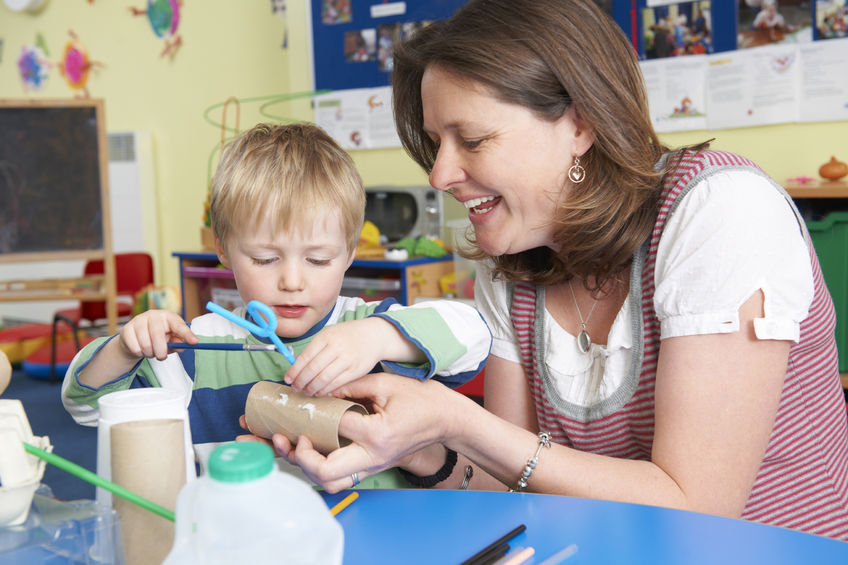
Be a good role model
Children learn best simply by observing and copying adult behaviour, so it stands to reason that you should model good speech and language skills whenever you possibly can. Here’s a checklist of the kinds of behaviour you should be modelling when you interact with children:
- Speak clearly and calmly
- Use age-appropriate language
- Make eye contact (get down to the child’s level if necessary)
- Repeat sentences back to children, replacing mistakes with corrections
- Repeat sentences back to children, expanding on the words they’ve used
- Describe and comment on what you’re doing
- Describe and comment on what the children are doing
- Label objects and actions
- Listen carefully when the children are talking to you – be patient and give them plenty of time to find their words
The last point about listening is particularly important to remember, as it’s a skill that many children find difficult to master themselves.
Provide stimulating activities
Practically everything you do with children in an early years setting is an opportunity for developing speech and language skills, but it’s worth taking some time to consider whether you could improve on existing activities and/or introduce some new ones. Whatever you do, remember that the main thing is to make it fun so that the children stay engaged.
EYFS Developmental Milestones – Download Free eBook
Here are some ideas to help you boost speech and language development in early years:
Read books
Read books every day – several times a day – in big groups and small groups and one-to-one; however, you do it, reading with children is a hugely effective way of improving their language and communication skills. Don’t just read aloud to passively sitting children – get them involved, finishing off sentences and rhymes, chatting about pictures and plots and characters.
Show and tell
Ask the children to bring in toys or other objects from home and talk about them. Prompt them to be descriptive with questions such as ‘How does it work?’ and ‘Why do you like this toy?’ and encourage the other children to ask their own questions too.
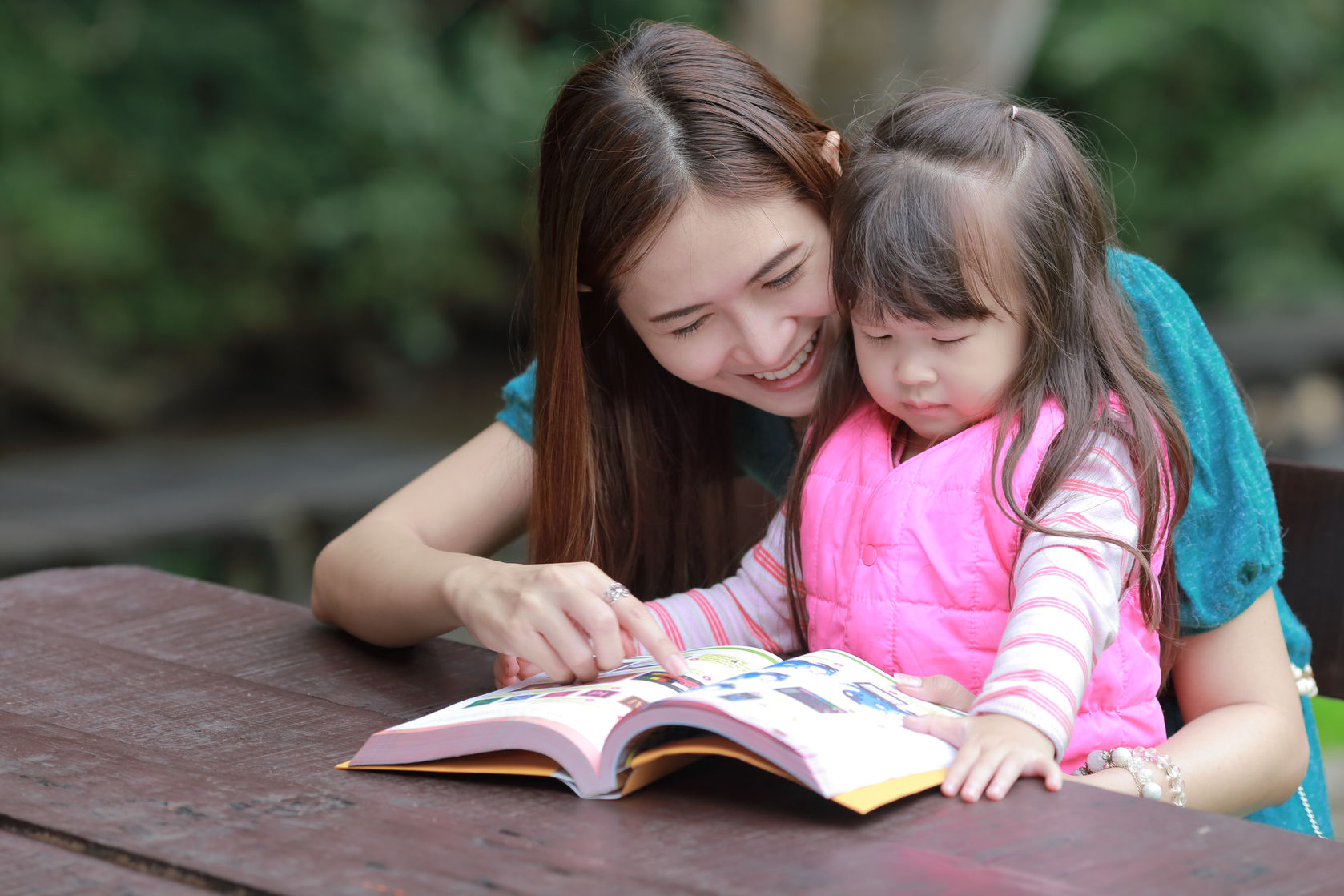
Sing songs
This is a particularly important activity to do with babies and younger children, as there is such a strong link between singing and early language development. Singing songs to/with very young children can help them learn to differentiate sounds and recognise rhymes, as well as extending their vocabulary and developing their memory.
Find the idea of introducing music into your setting daunting? read our article ‘You Don’t Have to be a Specialist to Teach Early Years Music‘
Describing and guessing games
There are lots of games that involve describing and guessing but here are a couple of specific ideas: 1) choose some objects with the children, put them in a bag and get the children to take turns feeling and describing them while the others guess what they are; 2) play ‘What am I?’, in which you describe something and the children work out what it is (eg “I’m red and made of metal, I stand on the pavement and you put letters in me”).
Role-play and pretending games
This can be as elaborate or simple as you like; you could get the children to dress up as characters and act out a play (using a made-up plot, or perhaps one from a book), or you could encourage them to use puppets to tell a story, or just stimulate some straightforward role-play by introducing a few props.
Explore rhythms and rhymes
As already mentioned, learning to recognise rhymes is a key part of language development for very young children. Exploring rhymes with older children helps to develop their phonological awareness skills and prepare them for learning to read. Play a game where you say a word and the children come up with as many rhymes for it as they can, or make up a simple rhyming poem together. Awareness of rhythm is also linked to language skills; try sitting in a circle and beating out the syllables of each child’s name.


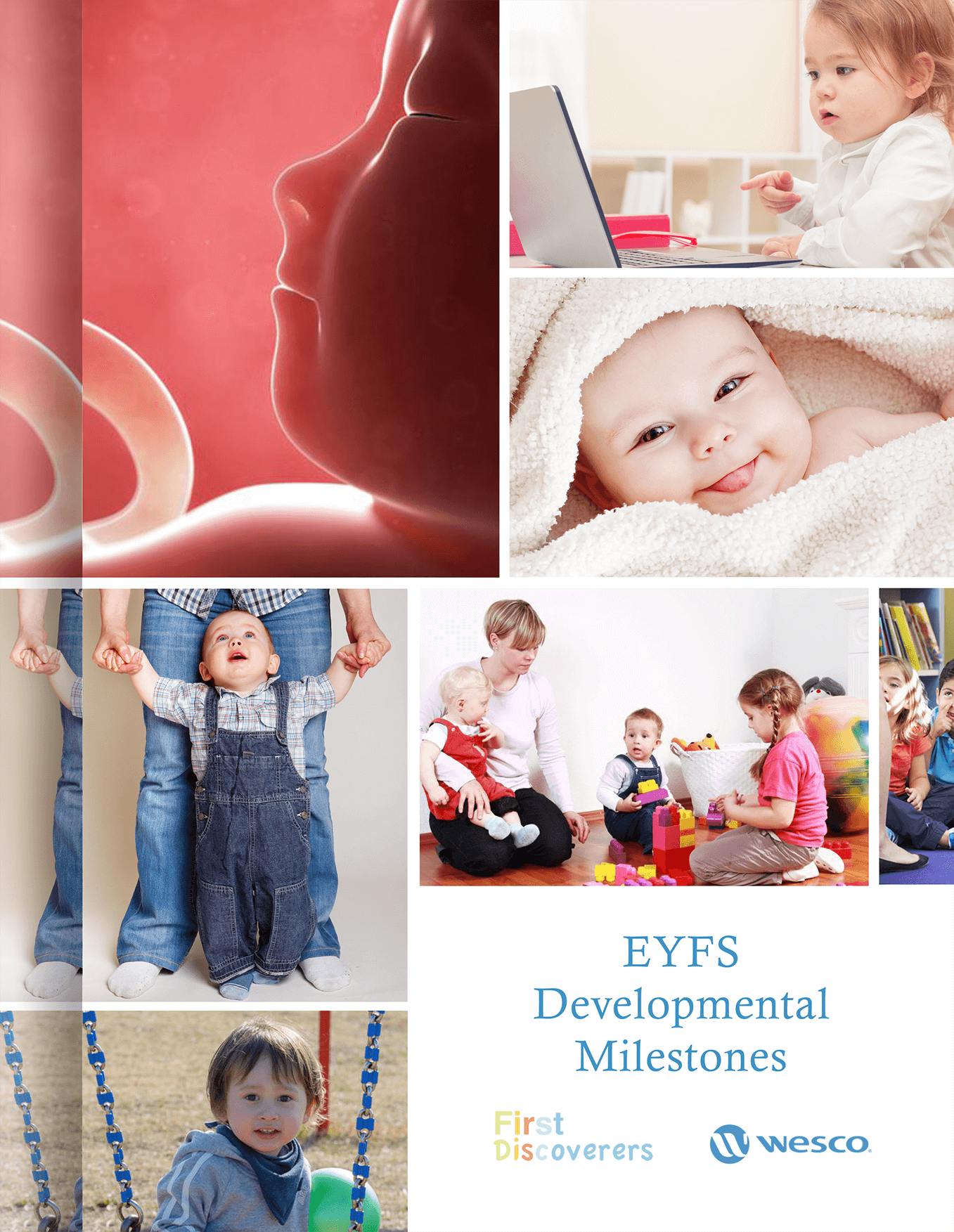
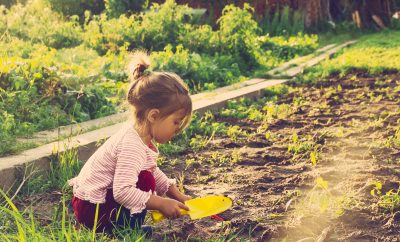
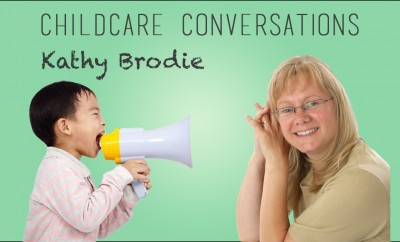
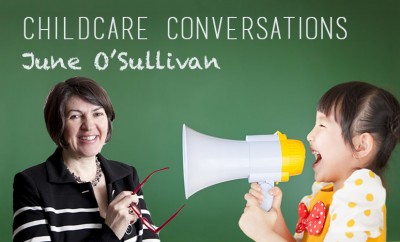

You must be logged in to post a comment Login